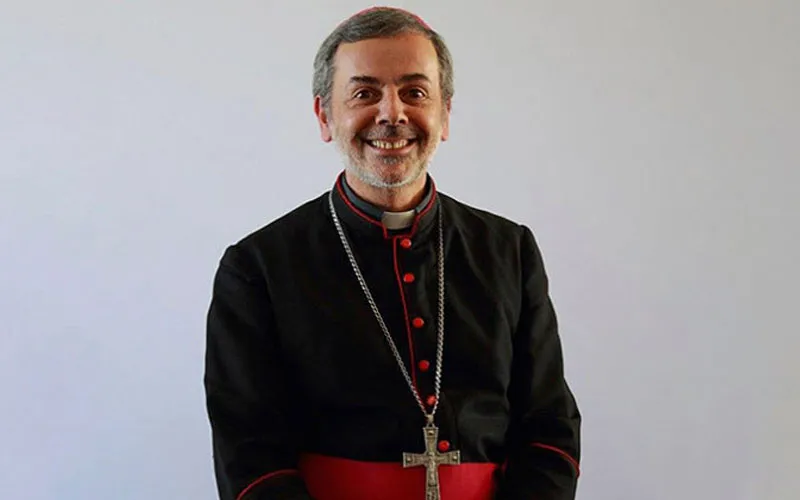“Guidelines and resources will be offered both for the celebration in Parishes and outstation and for those who - unable to go to church - would like to do so with their families or at a personal level,” the Catholic Bishop says.
Last month, the Southern African nation that changed its name from Swaziland to the Kingdom of Eswatini in 2018 experienced violent protests triggered by the death of Thabani Nkomonye, a 25-year-old University of Eswatini Student, allegedly at the hands of police in May.
The demonstrators shifted their focus from “Justice for Thabani” to calling for reforms to the country’s system of absolute monarchy.
On June 28, the protests turned violent after security officers used force to stop the peaceful demonstrators. The following day, the government imposed a dusk-to-dawn curfew, and curtailed Internet access in the country.
In a message to the people of God in Eswatini at the beginning of the protests, Bishop Ponce de León appealed for calm and dialogue saying, “Fighting fire with fire will bring our country to ashes. The Catholic Church calls once again for calm and dialogue.”
He added that an “all-inclusive and open dialogue without excluding any stakeholder is the only possible way forward.”
In the July 2 statement, the native of Argentina also advocated for dialogue that seeks to accommodate a variety of views and viewpoints in line with what Pope Francis recommends in his October 2020 Encyclical Letter, Fratelli Tutti.
In another message issued July 5, Bishop Ponce de León called on the people of God in the Southern African country to pray for the gift of wisdom and courage to break the wave of violence and protests.
The Catholic Church leader also asked members of the Clergy to celebrate the Eucharist as a special time to ask God for reconciliation in the country.
He further urged citizens of Eswatini to seek God’s grace to become instruments of peace in their country.








